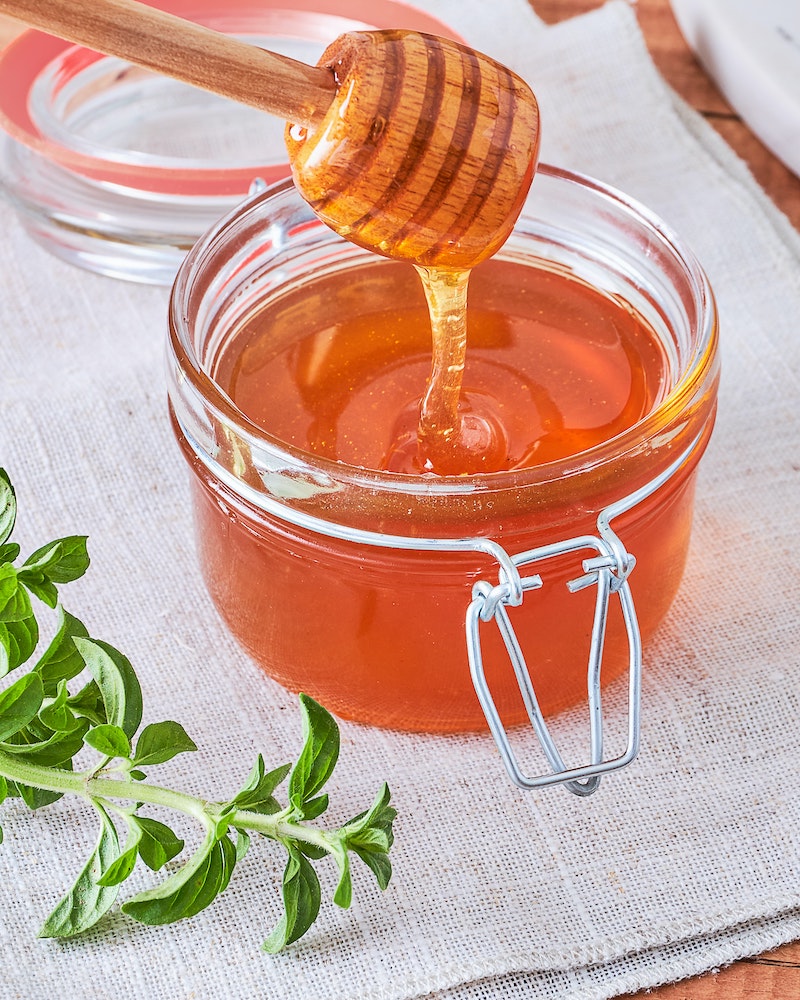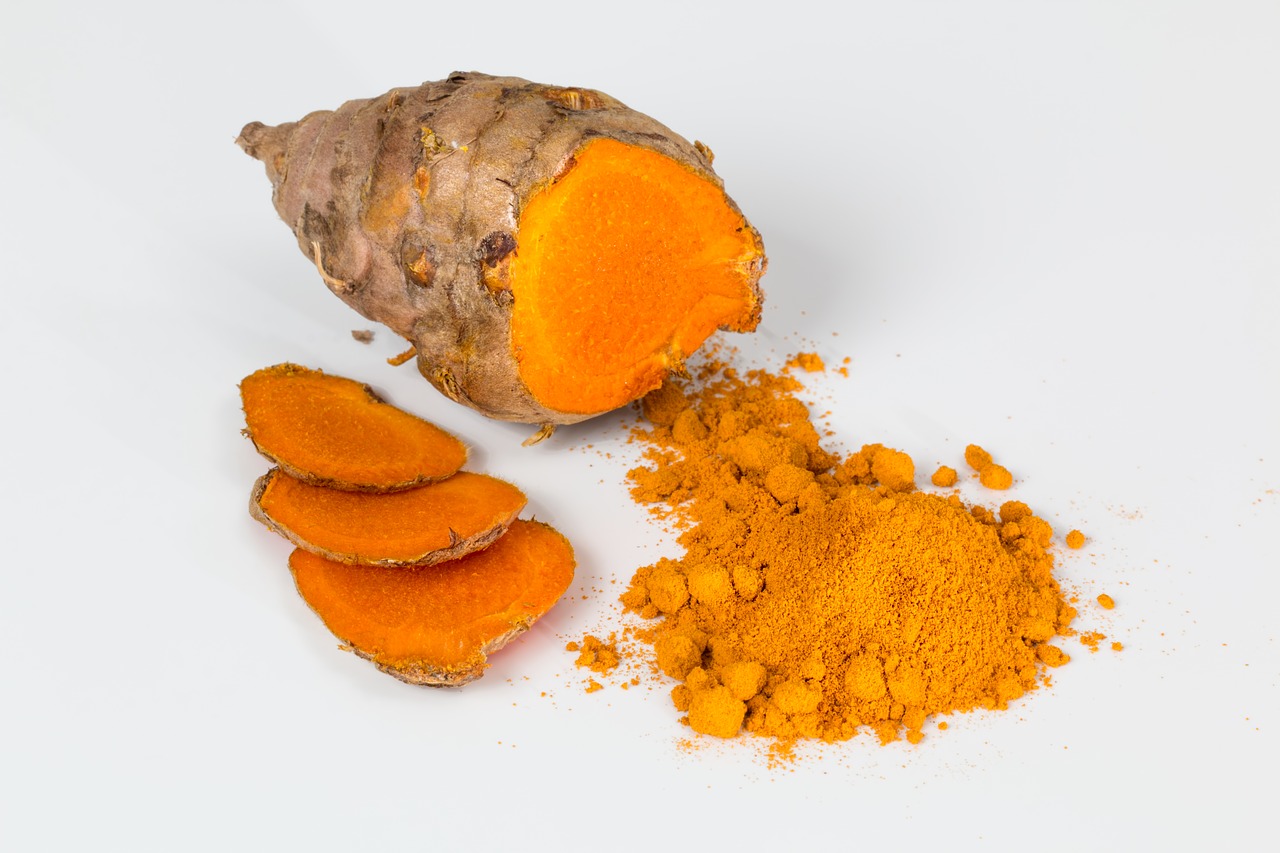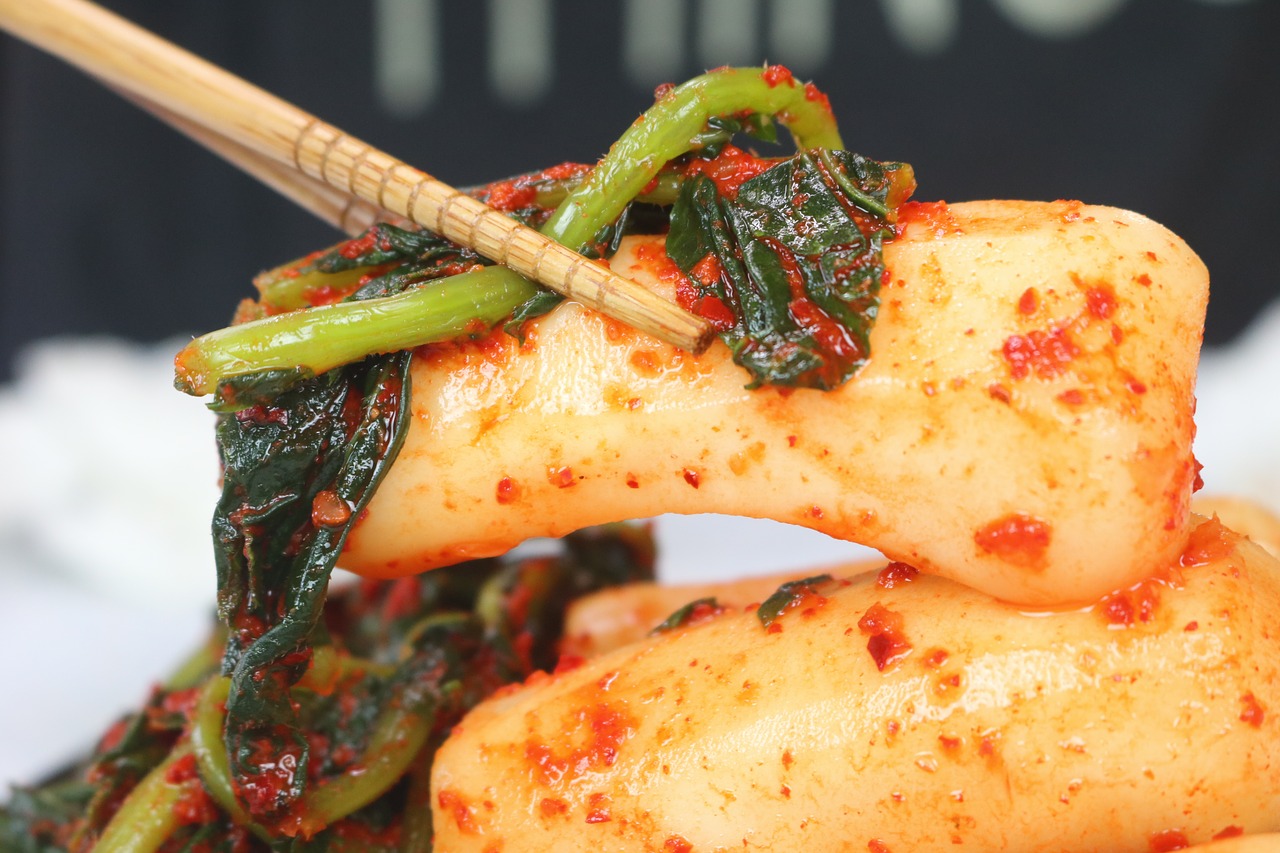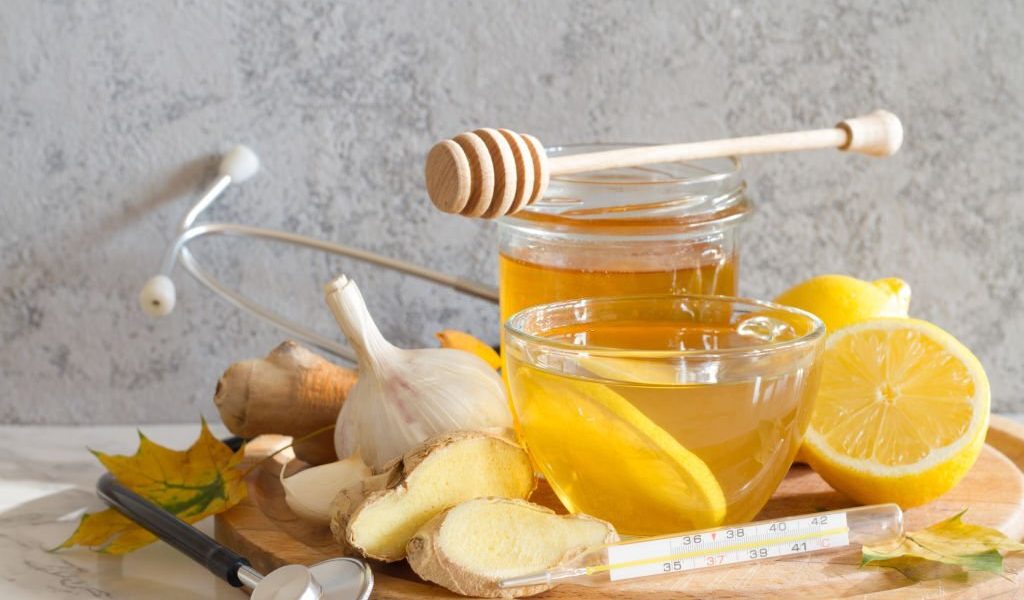Before there were antibiotic pills sold on the market, the only source of antibiotics that our ancestors came from natural sources such as food.
Natural antibiotics are a great alternative to antibiotic pills since these would not expose people to side effects such as liver damage. Also, the majority of natural antibiotics can be found in healthy foods.
So apart from getting protection from bacterial infections, people would also reap other health benefits from these healthy foods such as various vitamins, antioxidants, and minerals.
Without further ado, here are 10 antibiotics to treat yourself at home. Keep in mind that you should also supplement these natural antibiotics with supplements as well to enhance protection against bacteria and other infections.
What Are Actually Antibiotics?
Antibiotics function as deterrents and eradicators of bacterial infections that affect humans and animals. Oftentimes, antibiotics are medicines that are taken in various ways: oral means, topical means, or via injection or IV (intravenously).
Antibiotics are responsible for either killing off bacterial infections completely or inhibiting the growth of bacteria. It is important to note that antibiotics are only capable of treating specific bacterial infections, namely, these are:
- Urinary tract infections
- E.coli
- Strep throat
- The majority of ear infections
- A few sinus infections
Antibiotics are unable to kill viral infections caused by viruses. Viral infections would most likely come in the forms of:
- Colds
- Flu
- Sore throat
- Runny nose
- Coughs
- Bronchitis
Ensure that you consult with your doctor or healthcare provider before you take antibiotics as these would have harmful effects on the body when they are unnecessarily taken.
1. Honey


One of the oldest natural antibiotics known to man is honey. Our ancestors have been using honey to treat various ailments and diseases way before people have discovered that honey possesses antibacterial properties and can treat bacterial infections.
The raw properties of honey such as vitamins, polyphenols, amino acids, and the like, all contribute to its antibacterial properties and its activity in the body once consumed.
Due to the high viscosity of sugar and low water content of honey, this makes the antibacterial activity in this natural antibiotic potent. In turn, this protects the body from bacterial infections.
The antibacterial properties of honey were put to the test through various studies, for instance, this one study showed that three kinds of honey, both undiluted and diluted solutions, were able to kill off 100% and 66.4% of P.aeruginosa and E.coli.
On the other hand, an antibiotic called gentamicin had a lower percentage of killing off both bacterial infections.1
2. Garlic


Garlic is one of the most accessible natural antibiotics you can find. What makes garlic great antibiotic is due to allicin. Allicin is a potent component of garlic and is a strong antibacterial agent.
Allicin is able to protect the body against pathogens and toxins as well. To get the antibacterial benefits of garlic, you must either crush or chew it.2
Garlic is able to protect the body from various infections such as:
- Yeast infections
- Sore throat
- Chronic ear pain
- Chronic bronchitis
- Sinus problems
3. Echinacea


Echinacea is a type of plant used for medicinal purposes and it is able to treat both viral and bacterial infections.
Echinacea’s antibacterial properties help the body fight against bacteria that targets the respiratory system.
Moreover, echinacea is able to provide relief and gradually treat individuals who are suffering from respiratory symptoms thanks to its antibacterial and anti-inflammatory properties.3
4. Apple Cider Vinegar


Apple cider vinegar is one of the oldest natural antibiotics since there is evidence of this being used during the Old Testament as well as Hippocrates’ time. Apple cider vinegar was mainly used to combat infections and treat skin injuries.
In addition, the benefits of taking apple cider vinegar also includes restricting the growth of bacterial infections such as C.albicans, S.aureus, and E.coli.4
5. Oregano


Oregano oil is an effective natural antibiotic that is able to protect the body against 13 pathogenic bacteria that are immune to most drugs such as A.baumannii, S.aureus, and the like.
When oregano is harvested through the proper growth stage and is extracted via steam, this would enable two compounds to form in the organo. Carvacrol and thymol are the two compounds seen in oregano that has the ability to eradicate bacterial cells.5
6. Onion


Onion has antibacterial activity that can protect the body against bacterial infections like S.aureus. To reap the antibacterial properties of onion, they can be consumed in the form of a juice or by other natural preparations.
Moreover, one type of onion called the Persian shallot is considered to be a great alternative to antibiotic drugs.
Antibiotic drugs may not work for infections like tuberculosis since the bacterial infection has become resistant to them. That being said, the chemicals produced by Persian shallots can prevent the spread of tuberculosis and other bacterial infections.
7. Ginger


Ginger is another natural antibiotic used as an alternative to antibiotic medicines due to its ability to prevent bacterial growth in the body.
There have also been studies that have proven that ginger effectively wards off bacterial infections such as E.coli, Bacillus subtilis, and Salmonella. Apart from antibacterial properties, ginger also has anti-fungal properties.
8. Turmeric


Turmeric is composed of a compound called curcumin, and this is where the antibacterial properties of turmeric come from.
It was proven that curcumin can eradicate bacteria once it comes in contact with it. That being said, apart from getting protection from bacterial infections by consuming turmeric, one can also use turmeric for preventing contamination in food preparations.
9. Fermented Foods


Fermented foods are perfect for keeping the body safe from bacterial infections due to their probiotic properties and antimicrobial properties. Oftentimes, you will encounter these two properties from fermented vegetables and milk.
An example of fermented food with antibacterial properties would be kimchi, and this food can protect the body against bacterial infections like Salmonella, E.coli, and Listeria monocytogenes.
Read More: Kimchi Health Benefits
10. Olive Oil


Olive oil contains an extract called polyphenol and a study has proven that this agent has antibacterial activity. Moreover, olive oil is effective in preventing the bacterial infection called L.monocytogenes.
Olive oil may also act as a preservative for foods, and in turn, reduce the likelihood of having food contaminated by L.monocytogenes.
Precautions When Using Natural Antibiotics
If you are taking antibiotic medicines, refrain from taking natural antibiotics at the same time as some of these may have an effect on the medication you are taking.
In addition, one might think that there aren’t any risks in consuming too much natural antibiotics, however, there are. For instance, taking too much garlic would put a person at risk of bleeding as this food is a type of blood thinner.
In Short
Natural antibiotics are a great alternative to pharmaceutical-bought antibiotic medicines. These are often healthy foods as well so there are other benefits that can be reaped from consuming these aside from being protected against bacterial infections.
While natural antibiotics may serve as a “safer” alternative to antibiotic medicines, it should not be taken without consulting a doctor first. This would ultimately prevent risks such as bad interaction between an antibiotic medicine and a natural antibiotic.
References:


